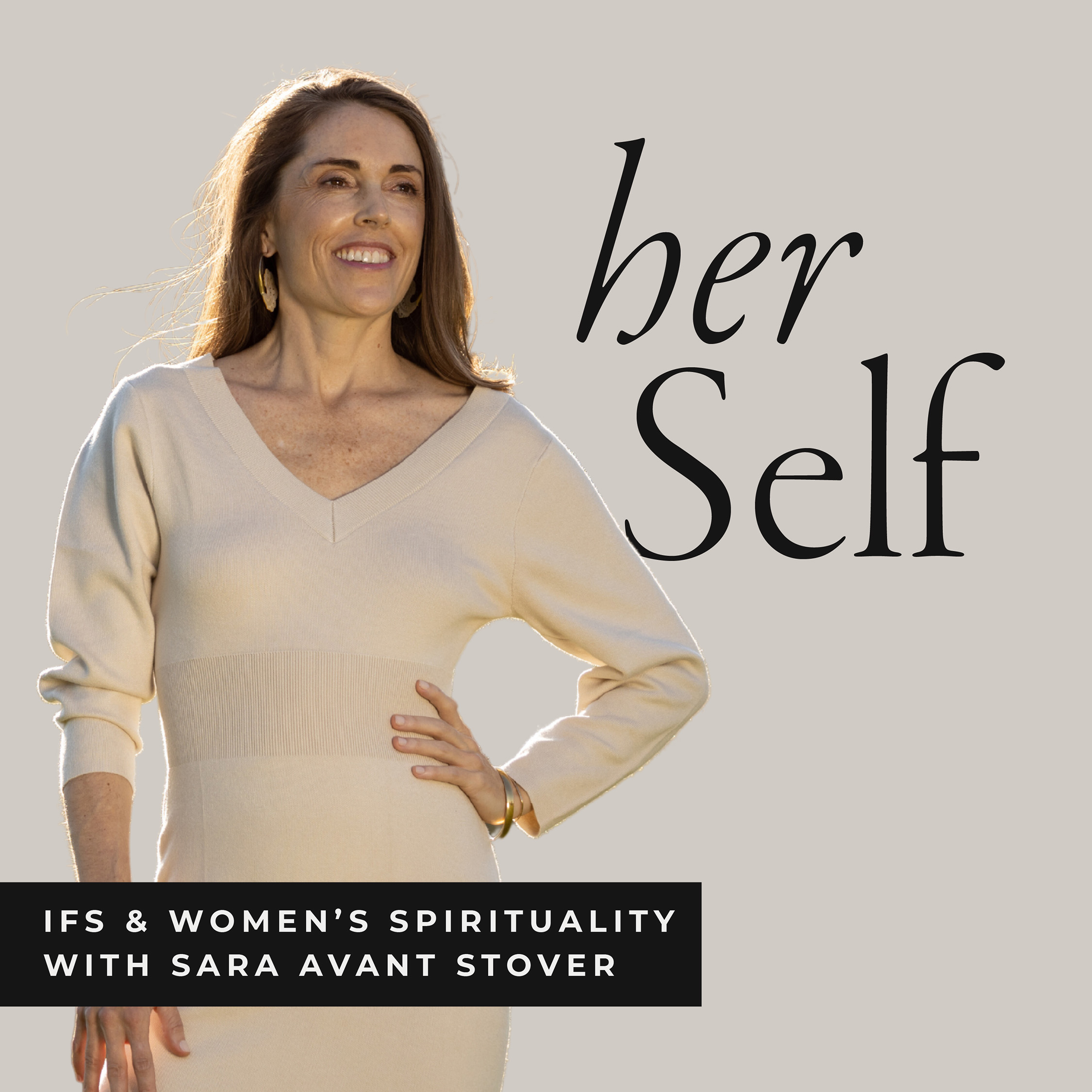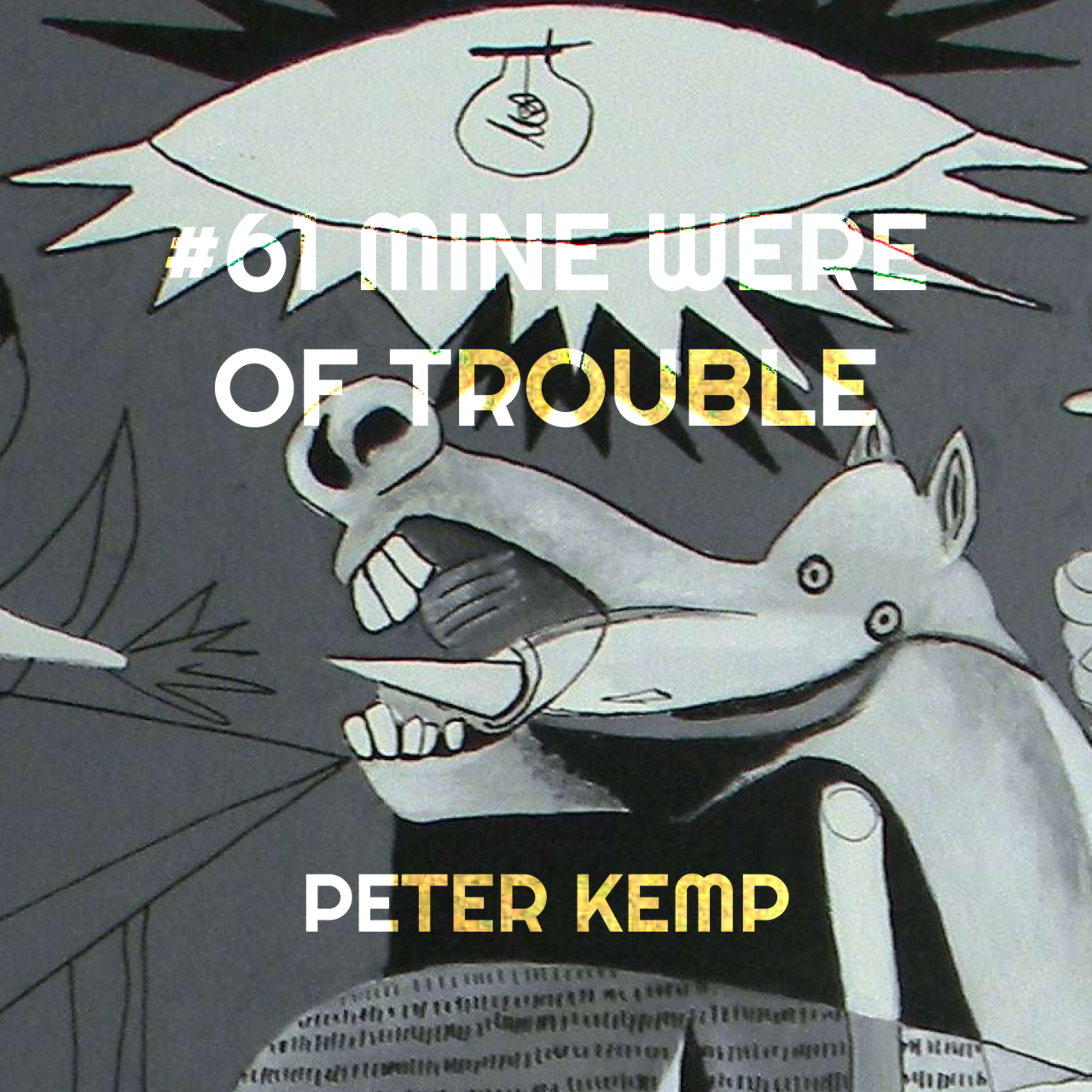Mine
It used to confuse me when, as people talked about relationships, romantic or otherwise, they would refer to the relationship as, like a third entity, there was the person and a person, or a few people. And then there was the relationship that they're in like it was this other thing. You, me, and then the relationship. But it turns out there's actually something to that. Sometimes what's being referred to by the relationship is this idea of what we should be or what we could be like, if we did this. Well. Sometimes it's a good thing, specifically when that vision is a shared vision. And we're in lockstep and headed in that direction, trying to become that vision, that ideal of what a relationship looks like. But sometimes, the relationship we're referring to and feel responsible for isn't at all reflective of the actuality of the connection between us. It doesn't help us love each other or even see each other.I can see this clearly. And so often when the relationship we're speaking of is with the church, or just with church, capital C church, circumstances change, so to expectations, heck, the particulars of the social and interpersonal contract, we've entered into change as well. In the end, belonging, like love, is a choice rather than a consequence. This is how we know what love is. As the writer John, Jesus Christ laid down his life for us, and we ought to lay down our lives for our brothers and sisters. Why are you here? Because I choose to be because I'm yours. Because your mind. That's where it gets kind of complicated with the word mine. At the beginning of adolescence, I learned, or I thought I learned, that being possessive was one of the worst things that someone could be in a relationship being possessive was associated with jealousy and suspicion, judgment, and control. It was an entirely negative thing to be possessive to be as, as a boyfriend or girlfriend, or even friend. And yet, the older I've gotten, and the more I've lost relationally, I've grown in the desire to be bound to others, by far more than either my force of will or my effort or bound to others as a reward for my performances. I've longed to know that, even as things change, sometimes dramatically and sometimes sadly, I'm still worth belonging to. I'm worth belonging with. I'm worth someone saying, "You are mine."I don't entirely reject the lessons of my early adolescence. Still, at the same time, there certainly is something to being identified by someone as essential as part of their life, regardless of any and all things. I really resonate here with the biblical imagery of Christ and Christ's bride. And at the same time, I'm really challenged by this other biblical moment. I am inspired and moreso honestly scandalized. By the way that the writers of the early New Testament, a few of them constantly come back to calling Judas Iscariot, the one who betrays Jesus, one of us. They claim him as ours. Here it is in the book of Luke 22nd chapter. Now, the Festival of Unleavened Bread, which is called the Passover, was near the chief priests, and the scribes were looking for a way to put Jesus to death, for they were afraid of the people.Then Satan entered into Judas Iscariot, who was one of the 12. He went away and conferred with the chief priests and the officers of the temple police about how he might betray him, which is Jesus to them. And then a completely different writer at a different time. They've got Mark 14th Chapter. Immediately, while he was still speaking again, that's Jesus, Judas, one of the 12, came up accompanied by a crowd with swords and clubs, who were the chief priests and the scribes, and the elders. Now he who was betraying him had given them a signal whoever I kiss, he is the one sees him and leads him away under guard. There's no mistaking here that Anytime he's referenced, it's clear that foes acknowledge what he's done, that he betrayed Jesus. He did it with a kiss. It was awful. He sold them out for





















